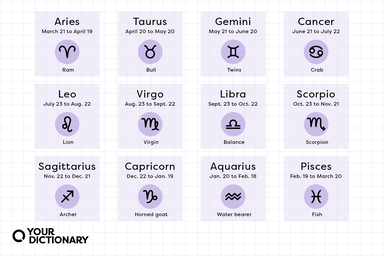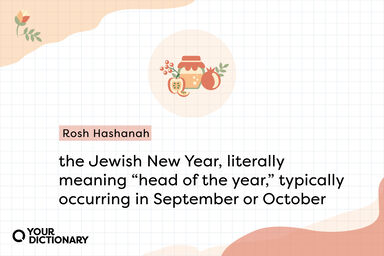Horn Definition
An antler.
- saddle-horn
- corneate matter
- corneous matter
- epidermal tissue
- elastin
- keratin
- defy
- between the devil and the deep blue sea
- having to make a difficult decision
- torn between two alternatives
- cornule
- cornicle
- cornu
- point
- spike
The Horn of Africa, a peninsula of Africa which juts into the Arabian Sea.
The states which occupy this peninsula: Eritrea, Djibouti, Somalia and Somaliland.
- To brag or boast about oneself.
- To restrain oneself; draw back.
- To retreat from a previously taken position, view, or stance.
- Faced with two equally undesirable alternatives.
- (thrown) from third base to second to first in trying for a double play
- to praise oneself; boast
Other Word Forms of Horn
Noun
Idioms, Phrasal Verbs Related to Horn
- blow
- draw
- on the horns of a dilemma
- around the horn
- blow one's own horn
- horn in (on)
- lock horns
- on the horns of a dilemma
- pull in one's horns
- the horn
Origin of Horn
-
From Middle English horn, horne, from Old English horn, from Proto-Germanic *hurną (compare West Frisian hoarn, Dutch hoorn, Low German Hoorn, horn, German Horn, Danish and Swedish horn, Gothic (haurn)), ultimately from Proto-Indo-European *ḱer-, (compare Breton kern (“horn”), Latin cornū, Ancient Greek κέρας (keras), Old Church Slavonic сръна (srŭna, “roedeer”), Hittite [script?] (surna, “horn”)[script?], Persian sur, Sanskrit शृङ्ग (ṡṛṅga, “horn”)).
From Wiktionary
-
Middle English from Old English ker-1 in Indo-European roots
From American Heritage Dictionary of the English Language, 5th Edition
Find Similar Words
Find similar words to horn using the buttons below.





